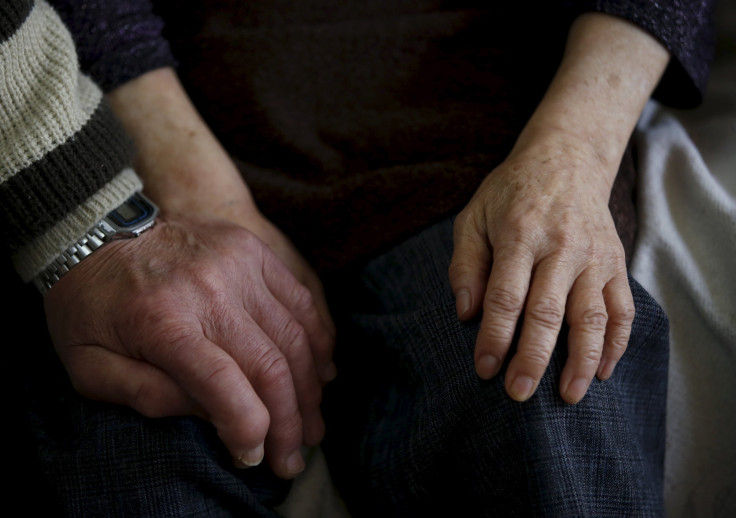Alzheimer's Disease Symptoms Halved By Gaming, Dementia Analysis Says

Researchers presented a new analysis of a longitudinal study at the Alzheimer’s Association International Conference in Toronto on Sunday, suggesting that playing computer games decreases the onset of dementia by almost a half. The preliminary findings, which are unpublished and under peer review, came from analyzing data from a 10-year National Institutes of Health-funded randomized study known as the ACTIVE trial.
The study followed 2,785 cognitive healthy adult subjects with an average age of 73.6 years across six cities. Participants were split into four factions: a control group and three groups based on training sessions (i.e. classroom-based memory strategies, classroom-based reasoning strategies and computerized speed-of-processing training). Memory courses, for example, taught mnemonic devices and the reasoning class coached subjects in logic and pattern recognition. Researchers working on the ACTIVE trial gathered data on cognitive changes after each training session and annually for the first three years, then at the five- and 10-year mark.
While the ACTIVE trial gathered data to grasp how to prevent the onset of cognitive decline, a research team from the University of South Florida, led by Associate Professor Jerri Edwards, set out to use the data to see if cognitive training can delay the onset of dementia. The new examination found that the only sect to show a significant change in cognitive ability was the group exposed to computerized speed-of-processing — this group had a 33 percent lower risk of developing dementia or cognitive decline.
“We believe this is the first time a cognitive training intervention has been shown to protect against cognitive impairment or dementia in a large, randomized, controlled trial,” said Edwards, the first author of the scientific abstract, in a statement.
Some subjects in the study also received what the researchers call “booster sessions,” which are four additional sessions one year after the original training and an additional four sessions three years after the original training. Participants in the computerized training group who also received booster sessions, which amounts to a total 10 to 14 hours of training over a decade, displayed a 48 percent reduction in the risk of developing dementia or cognitive decline.
“Next, we’d like to get a better grasp on what exactly is the right amount of cognitive training to get the optimal benefits,” said Edwards.
Other experts in the field are hesitant to embrace these findings noting that the findings are correlational, the ACTIVE data was not tracking dementia and there are a whole slew of scientists who are dubious about brain training. That said, the conclusions of the study can serve as a starting point for further research in the field of dementia.
“These new data add to a growing body of research that suggests more stimulating lifestyles, including more complex work environments with other people, are associated with better cognitive outcomes in later life,” said Maria C. Carrillo, PhD, Alzheimer’s Association chief science officer, in a news release.
© Copyright IBTimes 2024. All rights reserved.





















